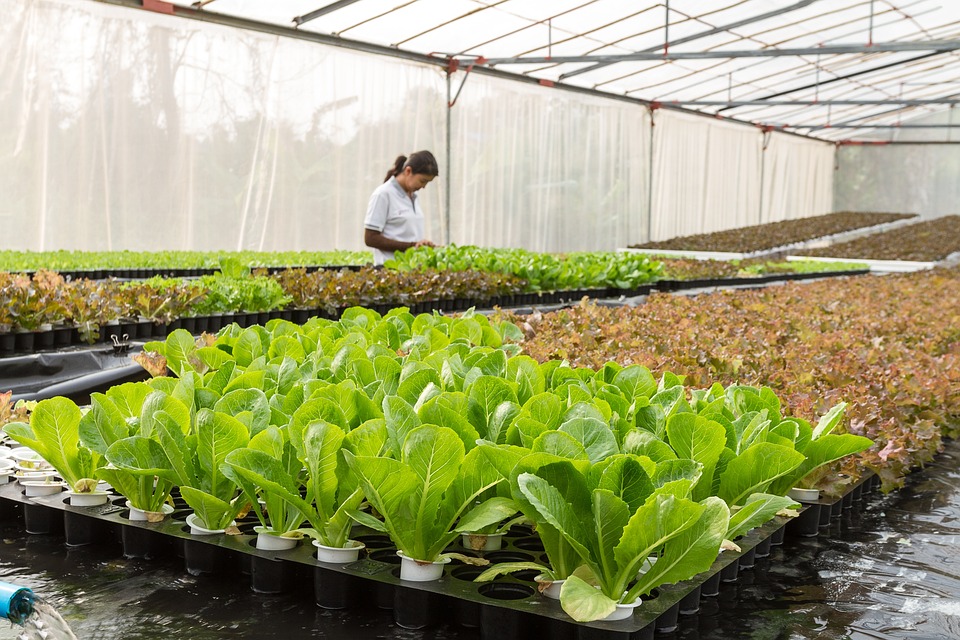Sustainable Farming: Cultivating Nourishing Food and a Healthy Environment
Living off the grid has given me a unique perspective on sustainable farming and gardening. In today’s world, it’s becoming increasingly important to cultivate food in a way that not only nourishes our bodies but also protects the environment. As someone who loves sustainable farming, I have found that there are countless benefits to growing your own food and tending to the land in a way that promotes a healthy ecosystem. In this article, I will explore the joys of sustainable farming, the importance of cultivating nourishing food, and how we can all work together to create a healthier environment through our farming practices.
The Rewards of Sustainable Farming
One of the most rewarding aspects of sustainable farming is the satisfaction that comes from growing your own food. There is something truly special about planting a seed, nurturing it, and then harvesting the fruits of your labor. Not only does this process provide a sense of accomplishment, but it also allows for a deeper connection to the food we eat. When we are actively involved in the growth of our food, we become more mindful of where it comes from and the effort that goes into producing it. This connection can lead to a greater appreciation for the nourishment that sustains us.
Sustainable farming also offers the opportunity to support local food systems and reduce our carbon footprint. By growing food in a way that minimizes environmental impact, we can help to preserve and protect our natural resources. This can include practices such as composting, using natural fertilizers, and conserving water. When we prioritize sustainable farming methods, we are actively contributing to the health of the planet and creating a more resilient food system for future generations.
Cultivating Nourishing Food
In sustainable farming, the focus is on cultivating food that is nourishing for both our bodies and the environment. This means prioritizing organic and non-GMO varieties, as well as growing a diverse range of fruits, vegetables, and herbs. By incorporating a variety of crops into our farming practices, we can promote biodiversity and create a more balanced ecosystem. This can also help to naturally control pests and reduce the need for harmful pesticides.
Pro Tips: Crop rotation is an effective way to maintain soil fertility and prevent disease in your garden. By rotating the types of crops you grow in a particular area each season, you can promote soil health and reduce the risk of plant-specific pests and diseases.
In addition to the types of crops we grow, sustainable farming also involves thoughtful consideration of how we care for the land. This can include using regenerative agricultural practices, such as minimal tillage and cover cropping, to promote soil health and carbon sequestration. These methods not only benefit the environment but also contribute to the production of nutrient-dense, nourishing food.
Creating a Healthy Environment
Beyond the nourishing food that sustainable farming provides, it also plays a crucial role in creating a healthier environment. By prioritizing natural and sustainable farming practices, we can minimize the use of harmful chemicals and synthetic inputs. This results in cleaner air and water, support for biodiversity, and the preservation of ecosystems. When we engage in sustainable farming, we are actively working to create a healthier environment for all living beings.
Pro Tips: Consider incorporating permaculture principles into your farming and gardening practices. By designing your growing spaces in a way that mimics natural ecosystems, you can create more resilient and sustainable food production systems.
Furthermore, sustainable farming can also serve as a model for resilient and regenerative agricultural practices. By employing methods that promote soil health, conserve water, and reduce the need for synthetic inputs, we can begin to shift the broader agricultural industry towards more sustainable and ecologically sound practices. This can lead to healthier food systems, more abundant natural resources, and a reduced impact on the planet.
In conclusion, sustainable farming offers a multitude of rewards, including the cultivation of nourishing food, the creation of a healthier environment, and a deeper connection to the land. By embracing these practices, we can all work towards a more resilient and sustainable future. Whether you’re a seasoned farmer or just starting out, there are countless ways to contribute to the growth of sustainable farming and gardening. By prioritizing natural and regenerative practices, we can create a healthier world for ourselves and for future generations.



